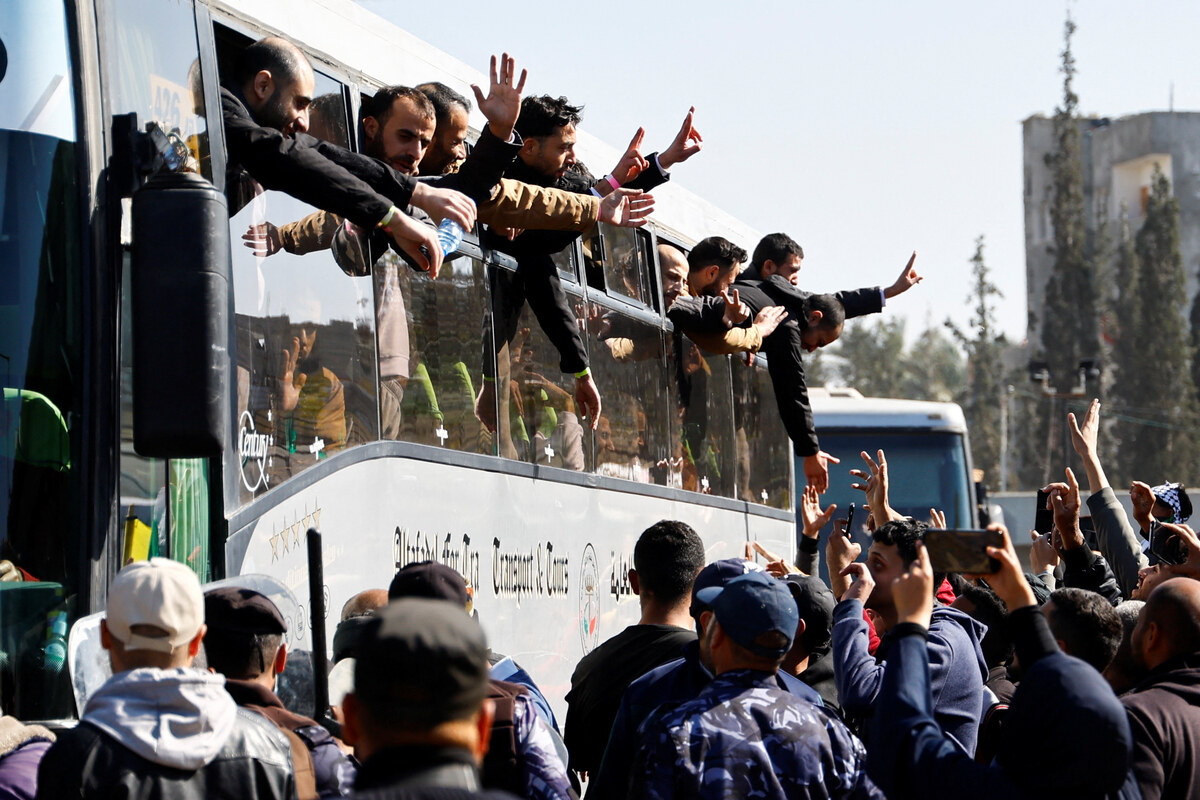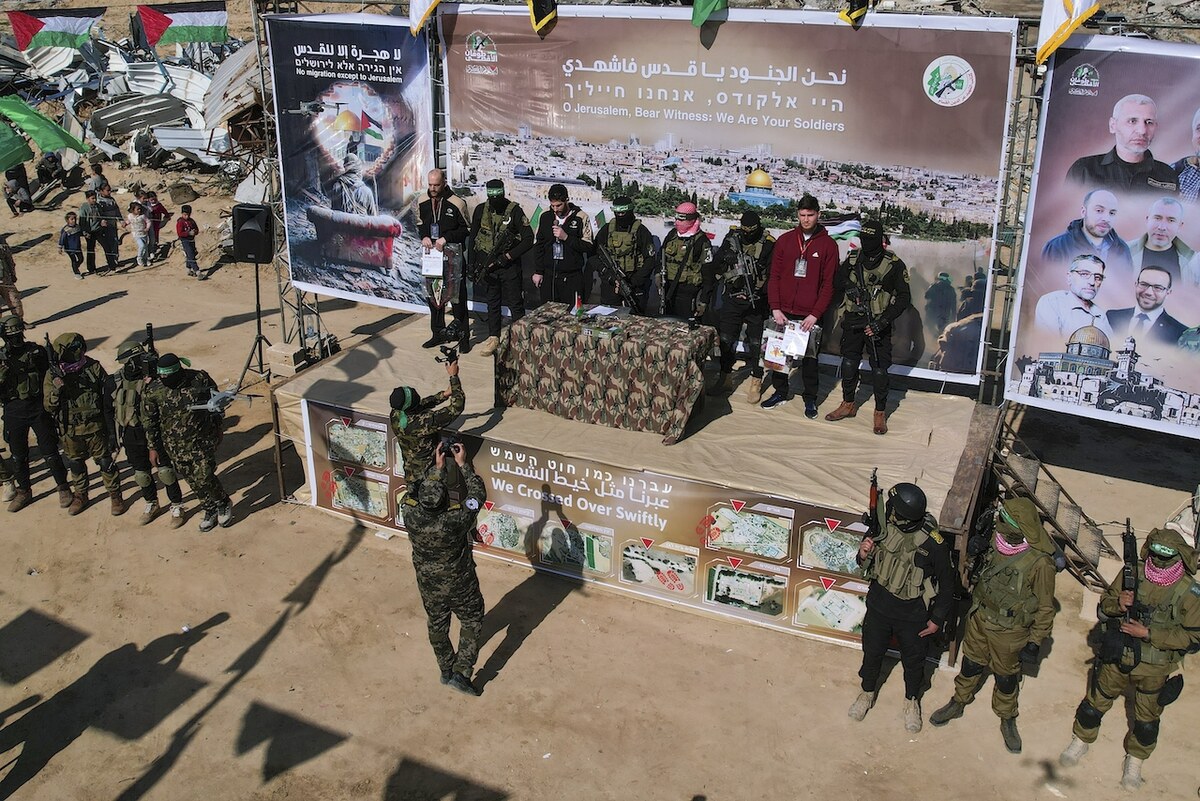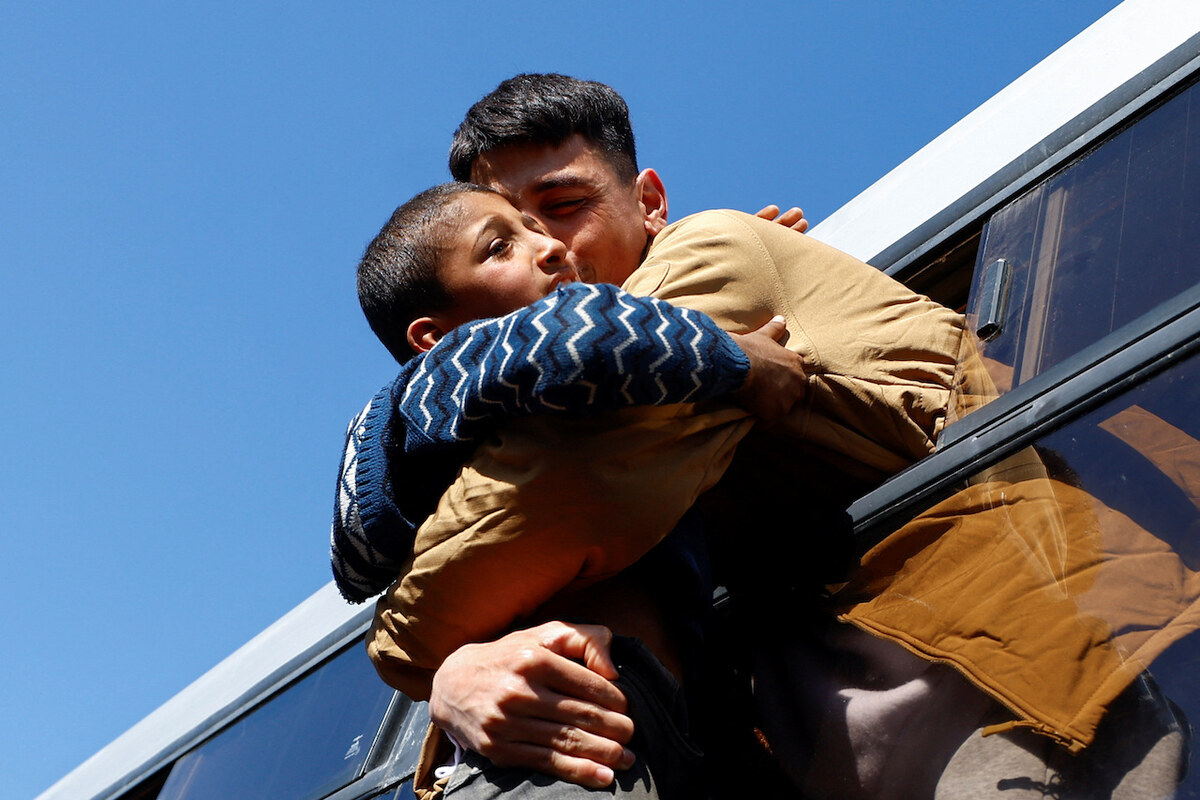BEIRUT: The death toll in Lebanon caused by exploding communications devices used by members of Hezbollah has risen to 37, Lebanese Health Minister Firass Abiad said on Thursday. The number of people wounded stands at 2,931, he added.
The number of deaths during Wednesday’s second wave of attacks, when booby-trapped walkie-talkies detonated, rose to 25, and 608 injuries have been reported.
The number of people wounded in the first wave on Tuesday, when handheld paging devices exploded, has been revised downward to 2,323 following a review of the data, as a result of the transfer of patients between hospitals and duplication of names. Tuesday’s death toll remains at 12.
Dozens of the injured remain in intensive care, some of whom will require several surgeries.
Hezbollah leader Hassan Nasrallah said the two-day mass bombing was a “severe blow” and accused Israeli authorities, who are blamed for the attack by Hezbollah and the Lebanese government, of crossing a “red line.”
But he said his group would continue its daily strikes on targets in northern Israel and vowed Israelis would not be able to return to their homes there until the war in Gaza ends.
As Nasrallah was speaking in a televised speech broadcast from a secret location, Hezbollah and the Israeli military exchanged fire across the border and at least two Israeli soldiers were reportedly killed.
Israeli warplanes flew low over Beirut, breaking the sound barrier and prompting people in houses and offices to rush to open windows to prevent them from shattering.
A paramedic from Hezbollah’s Islamic Health Organization told Arab News about the immediate aftermath of the explosions.
“Several of the injured who were alone in their homes crawled to the doors of their apartments and called for help,” he said. “Others were reported injured by neighbors who heard explosions from nearby or opposite apartments and called for our assistance.
“Some injured individuals remained in locations unknown to us and they bled to death before their bodies were retrieved on Wednesday night.”
He added that first responders faced great challenges as a result of the sheer numbers of wounded patients requiring help.
“The pressure from the large number of injuries depleted the medical supplies we were provided, particularly IV fluids, and we ended up bandaging wounds on the ground before sending the injured to hospitals for further treatment,” the paramedic said.
“Ambulances themselves were not spared from the explosions of wireless devices inside them. Fortunately, the paramedics were outside the vehicles when they exploded.”
Following the explosions, special units of the Lebanese army were deployed to detonate suspicious devices. The army urged residents “to report any suspicious devices or objects and avoid approaching them.”
The Lebanese population was reeling in the aftermath of the explosions. Movement in the streets has decreased, and many political, social and sporting events were canceled amid fears of further attacks or all-out war.
However, members of Hezbollah and their supporters were busy organizing funerals for those killed in the attacks. In speeches, party leaders vowed “to retaliate against the Israeli enemy, who won’t expect when the strike will come or how painful it will be.”
An Iranian plane landed in Beirut on Wednesday night to take some of the wounded to Tehran for treatment, including Iran’s ambassador to Lebanon, Mojtaba Amani.
Media reports in Beirut suggested that “when the pager carried by the Iranian diplomat exploded, he lost one of his eyes and the other was severely injured.”
In Tehran, it was reported that the commander of the Islamic Revolutionary Guard Corps, Maj. Gen. Hossein Salami, visited wounded patients transferred to Tehran.
Independent MP Elias Jaradeh, who is also an eye surgeon, gave an emotional account of the extent of the eye injuries caused by the exploding devices, and the other traumas Lebanon has endured in recent years.
“The scene repeats itself since the Beirut port explosion (in 2020),” he said. “I wish this were the end of the tragedy. I saw part of Lebanon in the injured and as I tried to treat their eyes, I felt like I was repairing a part of Lebanon.”
Abiad, the health minister, praised “the medical and nursing staffs, as well as the administrations of private hospitals in Lebanon which, despite not yet receiving their financial dues from the state for treating victims of the Beirut port explosion four years ago, opened their doors without exception to the wounded Hezbollah members. Everyone worked for free, with dedication and humanity, to save lives.”
Prime Minister Najib Mikati called on “the UN Security Council to take a firm stand to stop the Israeli aggression and the technological war that Israel is waging against Lebanon, which has resulted in hundreds of martyrs and thousands of injuries.”
Nabih Berri, the speaker of the Lebanese parliament, received a telephone call from French President Emmanuel Macron, who offered his condolences and pledged France’s support to help Lebanon recover from the current situation.
Berri labeled the attacks “a clear war crime” and called on French authorities to “support Lebanon’s stance at the UN.” He also urged the wider international community to “press Israel to halt its aggression against the Gaza Strip and Lebanon before it’s too late.”
The Lebanese judiciary opened an investigation “into the serious security incident that left hundreds of Lebanese dead and wounded.”
A judicial source said: “Hezbollah doesn’t follow the legitimate procedures when importing its weapons and ammunition, meaning that the investigation should start from the moment the communication devices were bought, and cover their source and the way they arrived in Lebanon.”
As rumors about the possibility that other devices that use lithium batteries might explode, the Ministry of Communication reassured the public that properly imported “communication devices in Lebanon are safe and controlled before they enter the country.”
Hezbollah started to use less sophisticated, non-smart communication devices amid concerns that electronic surveillance by Israeli authorities had compromised cellphone networks in Lebanon, resulting in recent assassinations carried out by drone strikes.
In February, Nasrallah said: “Cellphones are spy devices and a killer agent, providing accurate and specific information” and so “confronting this issue requires great seriousness.”
Meanwhile, clashes continued along the southern Lebanese front as Hezbollah and the Israeli army exchanged fire. Israeli forces targeted areas on the outskirts of Aita Al-Shaab and Ramiyah with phosphorus and smoke bombs, while warplanes carried out raids on the outskirts of Odaisseh and Kfarkila.
Hezbollah said it targeted “Israeli soldiers in the Al-Burj site with appropriate weapons, killing and injuring them.” It also fired on “the Hanita outpost with artillery shells” and launched “an aerial attack with a squadron of precision drones on the newly established headquarters of the Western Brigade in Yaara, hitting its targets accurately.”
The group said it carried out a similar attack “against the enemy’s artillery emplacements in Beit Hillel, targeting the positioning of commanders and soldiers and hitting them accurately.”





























